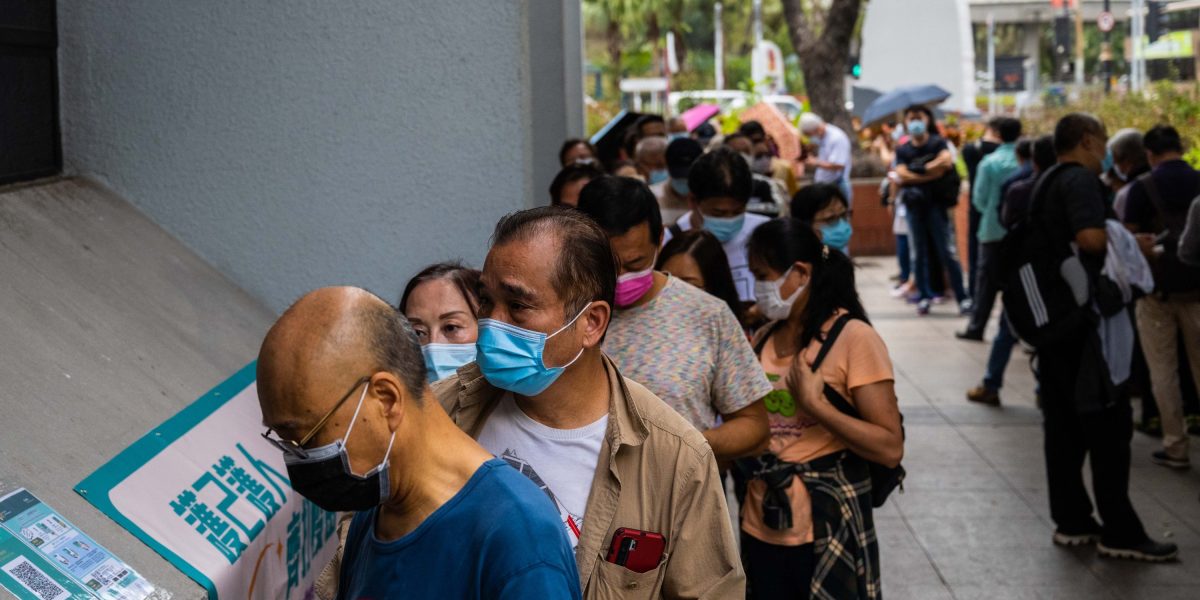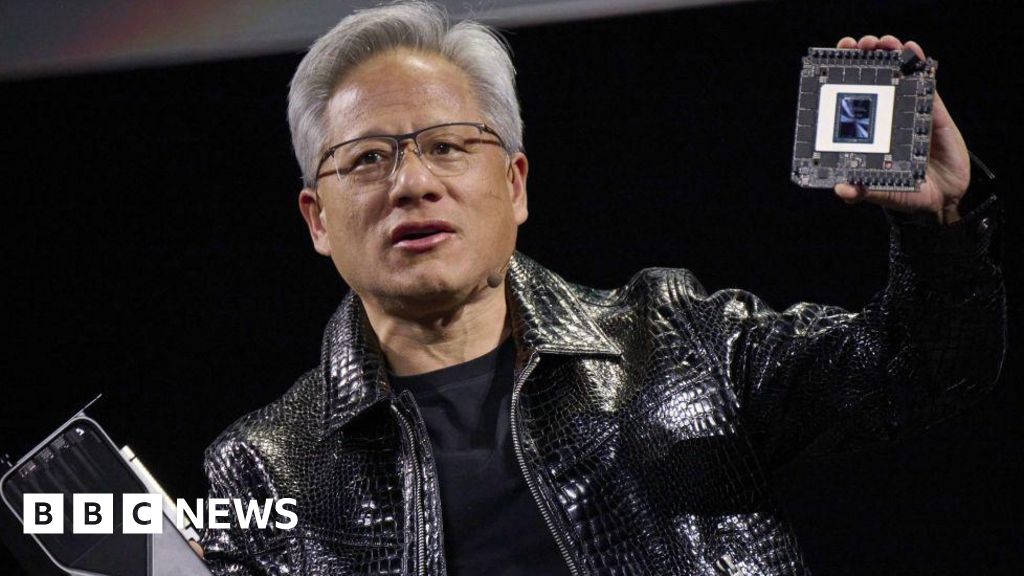We could do with better ways to protect ourselves from covid-19. While the number of covid-19 cases continues to decline—globally, weekly cases have fallen by around 12% in the last week—the virus is still responsible for many deaths. Last week, a person died from covid-19 every 44 seconds, Tedros Adhanom Ghebreyesus, director general of the World Health Organization, told journalists at a press briefing on Wednesday. “Most of these deaths were avoidable,” he said.
Will inhaled vaccines replace injected ones?
No. Injected vaccines tend to lead to the production of antibodies in a person’s bloodstream and internal organs, which also provide a strong immune response to any invading virus. It’s likely that the two vaccination approaches will work best when used together, says Lavelle.
Research in animals suggests that an injected vaccination followed by an inhaled one can provide the best defense against infection, in what’s known as a “prime-pull” technique. The injected vaccines prime the immune system, and the inhaled ones can give it an extra boost or pull. But Lavelle stresses that we still don’t know if this approach will be as effective in people.
Which of the two inhaled vaccines is best?
We don’t yet know. The two vaccines are administered differently—one through the nose and the other through the mouth. It’s not yet clear which route might be best. In theory, vaccination through either route should trigger immunity in the nose, mouth, and upper airways, including the lungs. But protection will be strongest wherever the vaccine is delivered, says Lavelle.
Can inhaled vaccines help end the pandemic?
This is the big question, and unsurprisingly, there’s no simple answer. In theory, if the vaccines can help prevent infections and transmission, they could have a huge impact on covid-19.


















.jpg)


Discussion about this post